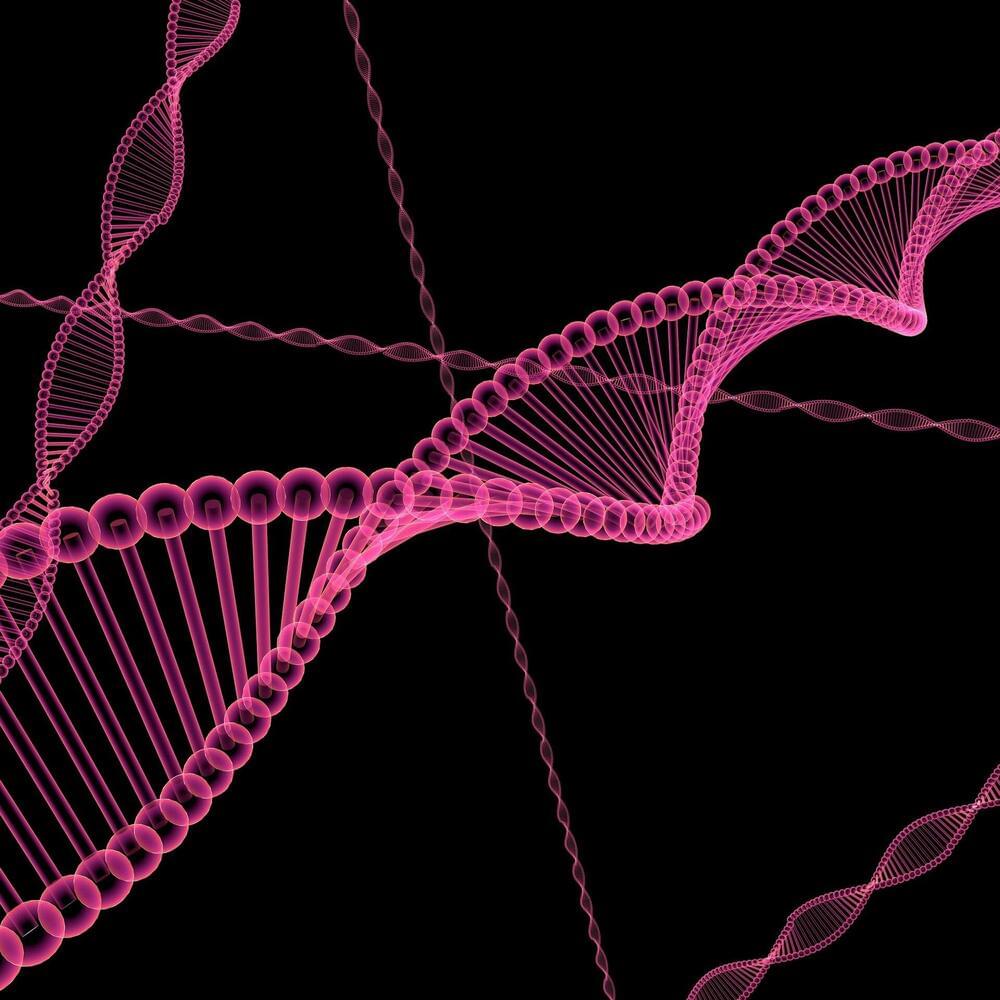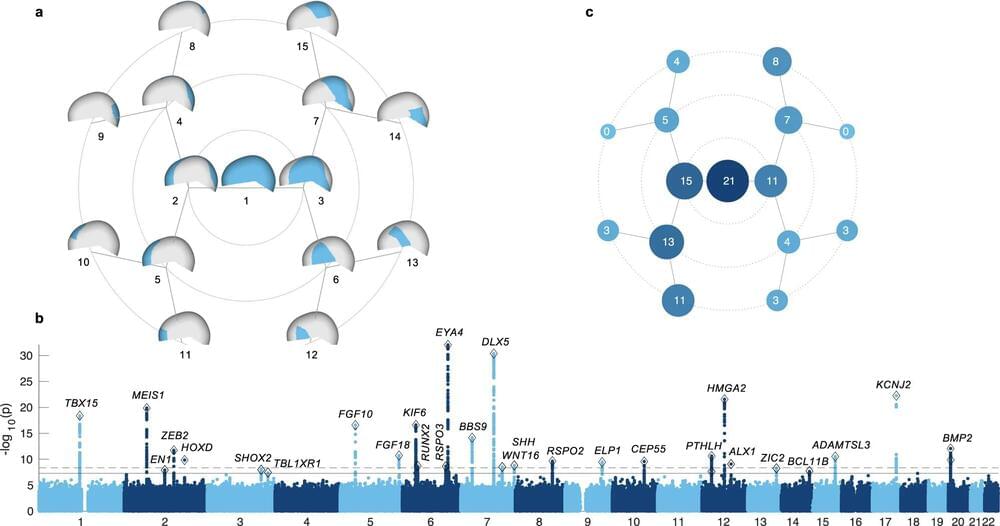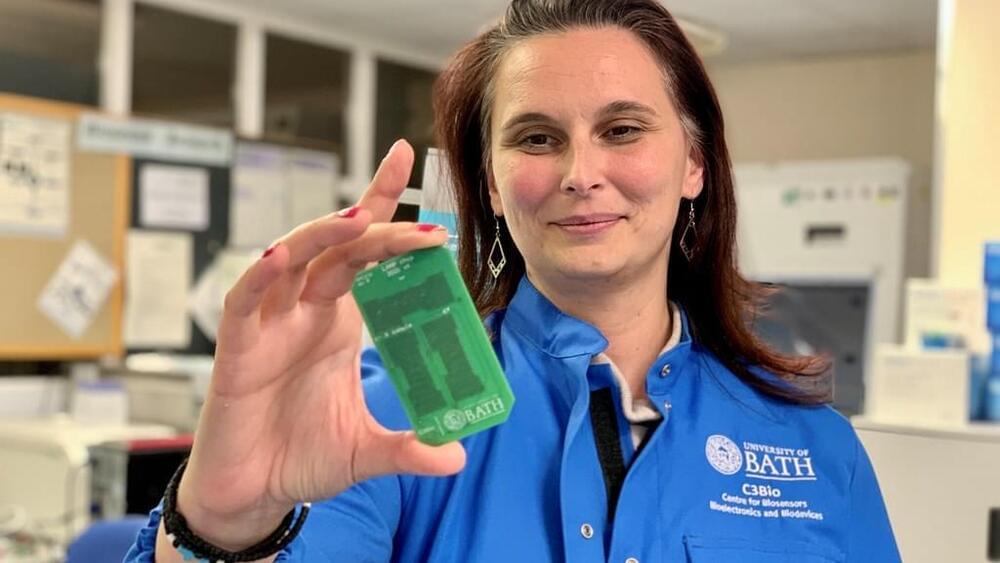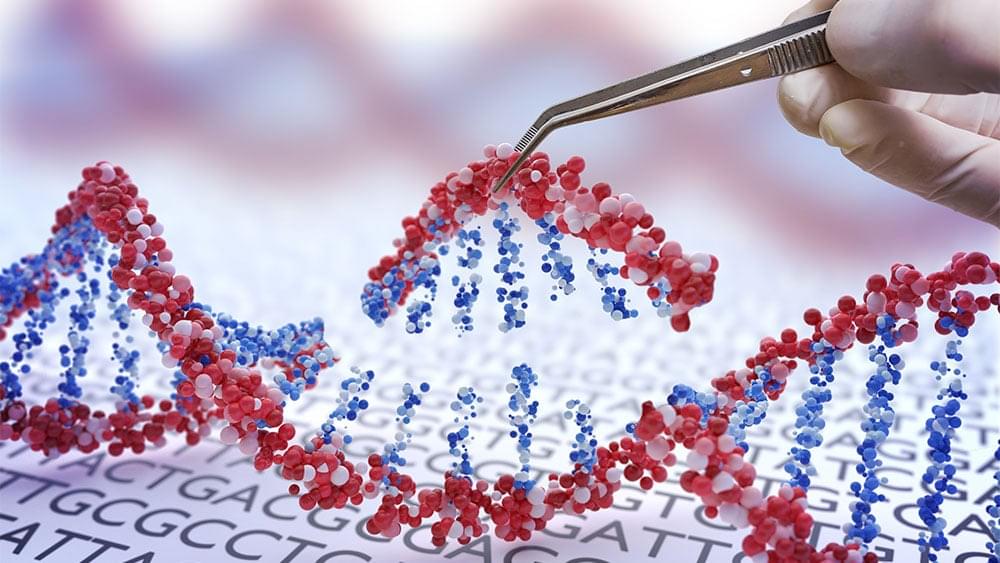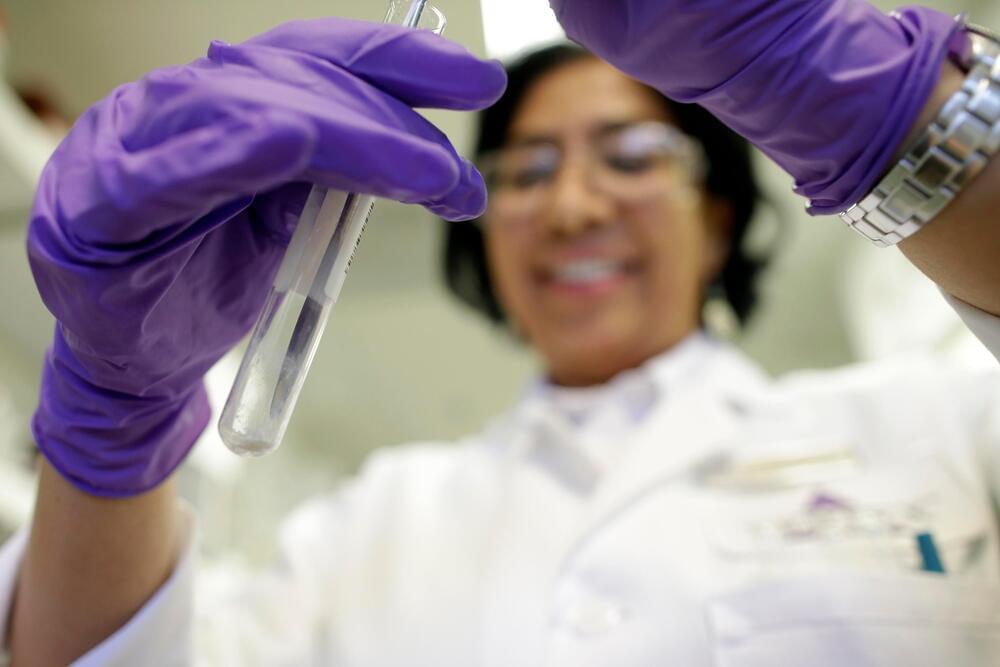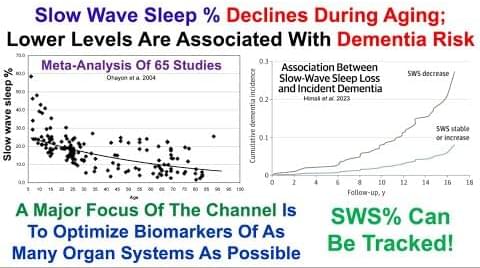Nov 20, 2023
Aging is Now Optional w/ David Sinclair
Posted by Kelvin Dafiaghor in categories: bioengineering, genetics, life extension, neuroscience
Advancements in genetic engineering, gene therapies, and anti-aging research may eventually allow for age reversal and the restoration of youthful health and longevity.
What is the key idea of the video?
—The key idea is that advancements in genetic engineering and anti-aging research may eventually allow for age reversal and the restoration of youthful health and longevity.
Continue reading “Aging is Now Optional w/ David Sinclair” »

